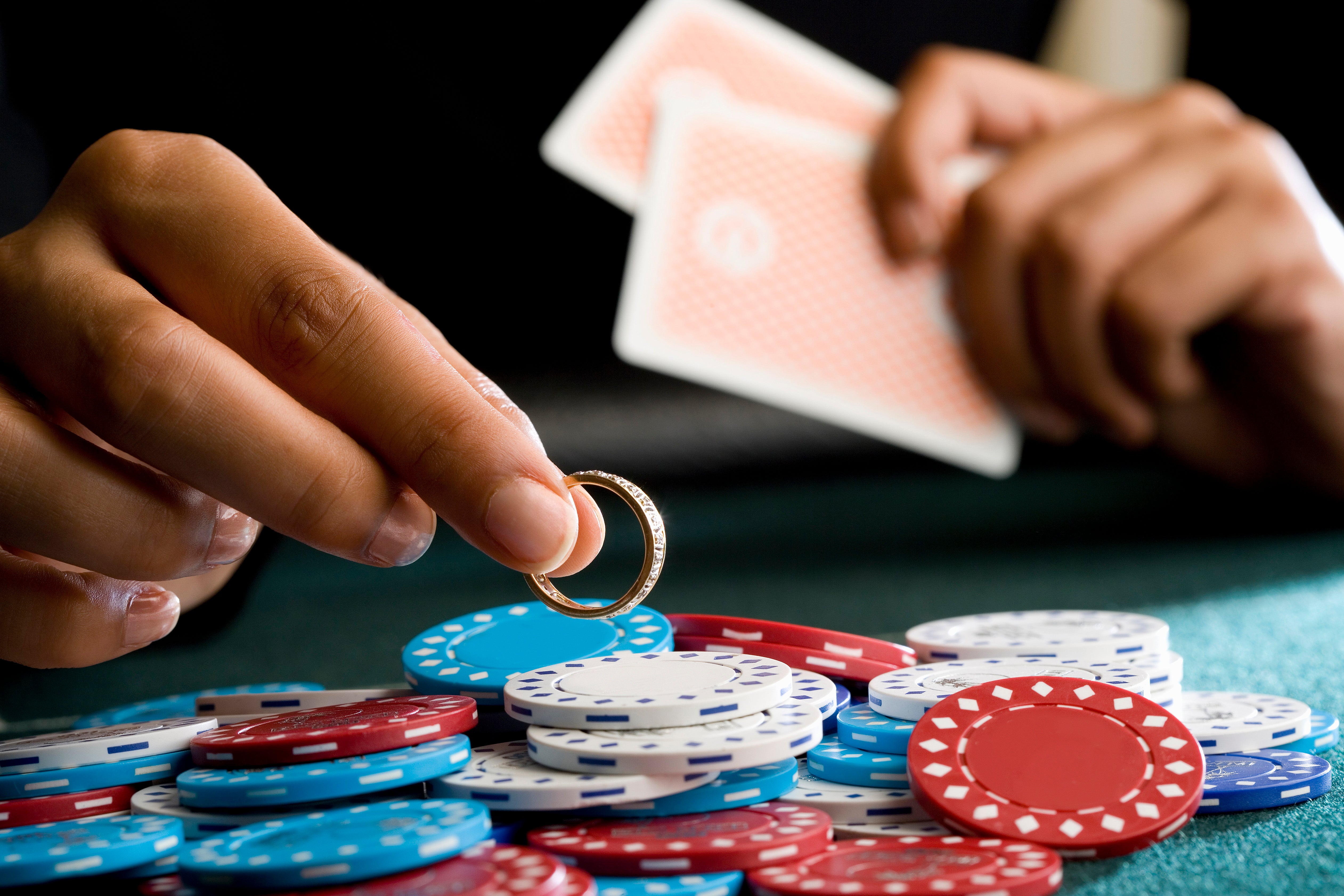Is Gambling A Genetic Disease
Gambling addiction is relatively easy to hide. It doesn’t give you a hangover, and you can’t overdose. It can have a devastating effect, though. It can lead to financial difficulties and strained relationships. It’s a real addiction, and gambling addiction needs real treatment.
Gambling addiction may affect some people due to a genetic predisposition toward addictive behaviors. The Mayo Clinic reports that winning and losing triggers dopamine in the brain and rewards a person in the same way as food and sex. Gambling addiction may affect some people due to a genetic predisposition toward addictive behaviors. The Mayo Clinic reports that winning and losing triggers dopamine in the brain and rewards a person in the same way as food and sex.
Let’s take a closer look at gambling addiction, its symptoms and causes, and how to find help.

What Is Gambling Addiction?
Gambling addiction is when a person continues to gamble despite negative consequences and/or a desire to stop gambling. It’s a long-term problem similar to drug or alcohol addiction, in that it triggers the brain’s reward system, making it difficult to stop. You also need to gamble more and more to attain the same level of euphoria.
Someone with a gambling addiction may also experience withdrawal. They might become cranky and irritable until they’re able to gamble again. Gambling is widely accessible, which makes it challenging to quit.
What Are the Signs and Symptoms?
How do you know if you or a loved one is experiencing gambling addiction? Here are signs and symptoms that might indicate a gambling disorder.
- Gambling is constantly on your mind.
- You’re having trouble with school or work due to gambling.
- You’re gambling more and more money.
- You’re turning to theft to get more money for gambling.
- You’ve tried to stop gambling without success.
- You feel irritable and restless when you don’t gamble.
- You continue gambling even though it’s causing relationship problems.
- You continue to gamble even if you’ve had heavy losses.
- You try to hide your gambling.
- You gamble when you’re feeling stressed or sad.
- You’re asking people for financial help due to your gambling.
People who are addicted to gambling may have periods of remission. They may go a long time without gambling, but most of the time the addiction returns unless they seek treatment.
What Causes Gambling Addiction?
Researchers aren’t sure what exactly causes addiction, according to the Mayo Clinic. It seems to be a combination of factors, including:
Your genetics. Some people seem to have a predisposition for addiction. The reward centers in their brain may not be as active as those in others. This predisposition can run in families, so if you have a close family member who is addicted to gambling, drugs, or alcohol, you may be vulnerable to addiction as well. It doesn’t mean that addiction is inevitable or that it can’t be overcome, though.
Your environment. Family isn’t just a genetic influence. If you’re around family or friends who have a gambling disorder, you may develop one as well.
Changes to the brain. Addiction changes your brain. When you do something pleasurable, your brain releases dopamine. Gambling causes your brain to release more dopamine than it normally would, according to an article from Scientific American. As gambling continues, your brain becomes less sensitive to dopamine, which is why you need more to have the same effect. Neural pathways that connect your reward system to your prefrontal cortex also weaken. Your prefrontal cortex helps you control your impulses. If you’re addicted to gambling, over time your ability to control your impulses weakens and it becomes more difficult to stop.
Many people with a gambling addiction also have other mental health conditions like anxiety or depression. They may also experience substance abuse. It’s essential to treat your gambling addiction along with any underlying mental health issues for you to successfully stop compulsive gambling.
How Do You Find Help?
If you or a loved one is experiencing gambling addiction, it’s important to seek help. People with a gambling addiction are at an increased risk of suicide, according to a study from Public Health, so you should consider seeking that help sooner rather than later. There are support groups that can help, but the most powerful option is working with a professional treatment program.
A treatment program can provide therapy, which can help you or your loved one learn how to replace your irrational thoughts and beliefs with healthy, rational ones. Most treatment programs also have peer support groups where you can share your challenges with others who understand.
Finding Help at ABHC
At Associated Behavioral Health, we have specialists in gambling addiction who are ready to help. We offer our services on an outpatient basis, which means you can continue your day-to-day responsibilities while getting the help you need.
10 Genetic Diseases
We start with an assessment to determine whether you’re experiencing a gambling disorder. If you do, we’ll work with you to develop a treatment plan. You can attend our sessions in person or online via our secure Telehealth program, and we offer group and individual support. We offer multiple funding and payment plans to help make your treatment affordable.
Common Genetic Diseases
You deserve a life free from your gambling disorder. Contact us today to find out how we can help.
Is Gambling A Genetic Diseases
References:
https://www.abhc.com/about-abhc/
https://www.abhc.com/addictions/gambling-disorder-assessment/
https://www.mayoclinic.org/diseases-conditions/compulsive-gambling/symptoms-causes/syc-20355178
https://www.mayoclinic.org/diseases-conditions/compulsive-gambling/diagnosis-treatment/drc-20355184
https://www.scientificamerican.com/article/how-the-brain-gets-addicted-to-gambling/
https://www.psychiatry.org/patients-families/gambling-disorder/what-is-gambling-disorder